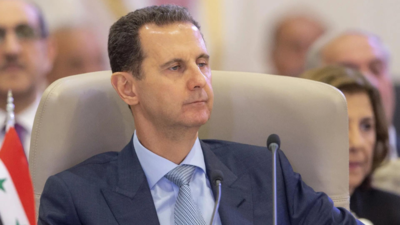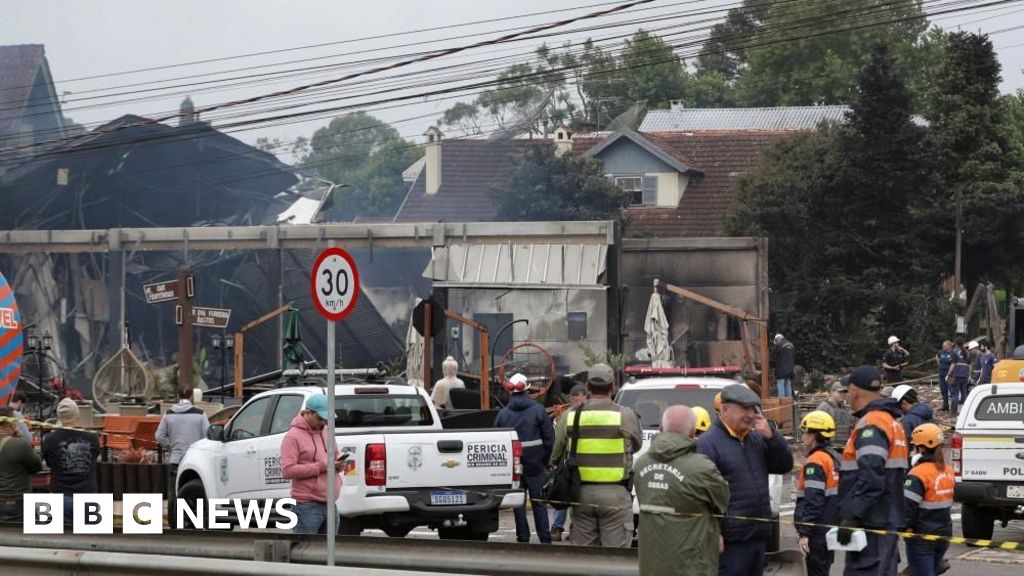
Bashar al-Assad
, the ousted
Syrian president
, was transported to
Russia
under what has been described as “the most secure way possible” following the rapid collapse of his regime. Russia’s deputy foreign minister,
Sergei Ryabkov
, in an interview with NBC News on Tuesday confirmed that Assad fled to Russia.
“He is secured, and it shows that Russia acts as required in such an extraordinary situation,” Ryabkov said. He refrained from divulging further details, adding that it “would be very wrong for me to elaborate on what happened and how it was resolved.”
After Assad fled
Syria
his flight added an air of mystery to his escape. Early Sunday, reports emerged of a Syrian Air plane departing the capital’s airport under unclear circumstances. According to Flightradar24, the aircraft initially appeared to be heading toward Syria’s coastal region but abruptly changed course, flying in the opposite direction before vanishing from radar. This disappearance has sparked speculation, with some suggesting the plane’s transponder was deliberately switched off, while others believe the aircraft may have been downed.
The Kremlin's decision to offer Assad asylum reflects Moscow’s long-standing alliance with Damascus, dating back to the Cold War.
The former Syrian leader’s downfall came amid a lightning offensive by rebel forces that ended his family’s five-decade rule. With Damascus now under a transitional administration led by Mohammed al-Bashir, who has the backing of rebel groups, Assad’s flight signifies the abrupt conclusion of an era marked by widespread allegations of war crimes, including chemical attacks and systemic torture.
The situation in Syria has also drawn Israel into the fray. Israeli defence minister Israel Katz confirmed a wave of airstrikes targeting military assets to prevent their capture by extremists. Israel also moved forces into a buffer zone along its border with Syria, though officials denied advancing towards Damascus. Katz stated that Israel's actions aimed to establish a “defence zone free of weapons and terrorist threats” in southern Syria, while reiterating that Israel would not tolerate a resurgence of extremism.
Meanwhile, life in Damascus has begun to return to normal. Markets have reopened, and residents are adjusting to a new reality without Assad’s authoritarian grip. Maysoun Qurabi, a local shopper, expressed relief, saying, “Damascus is more beautiful now. It has a soul, and people feel at ease and secure.”

 1 week ago
7
1 week ago
7










 English (US) ·
English (US) ·